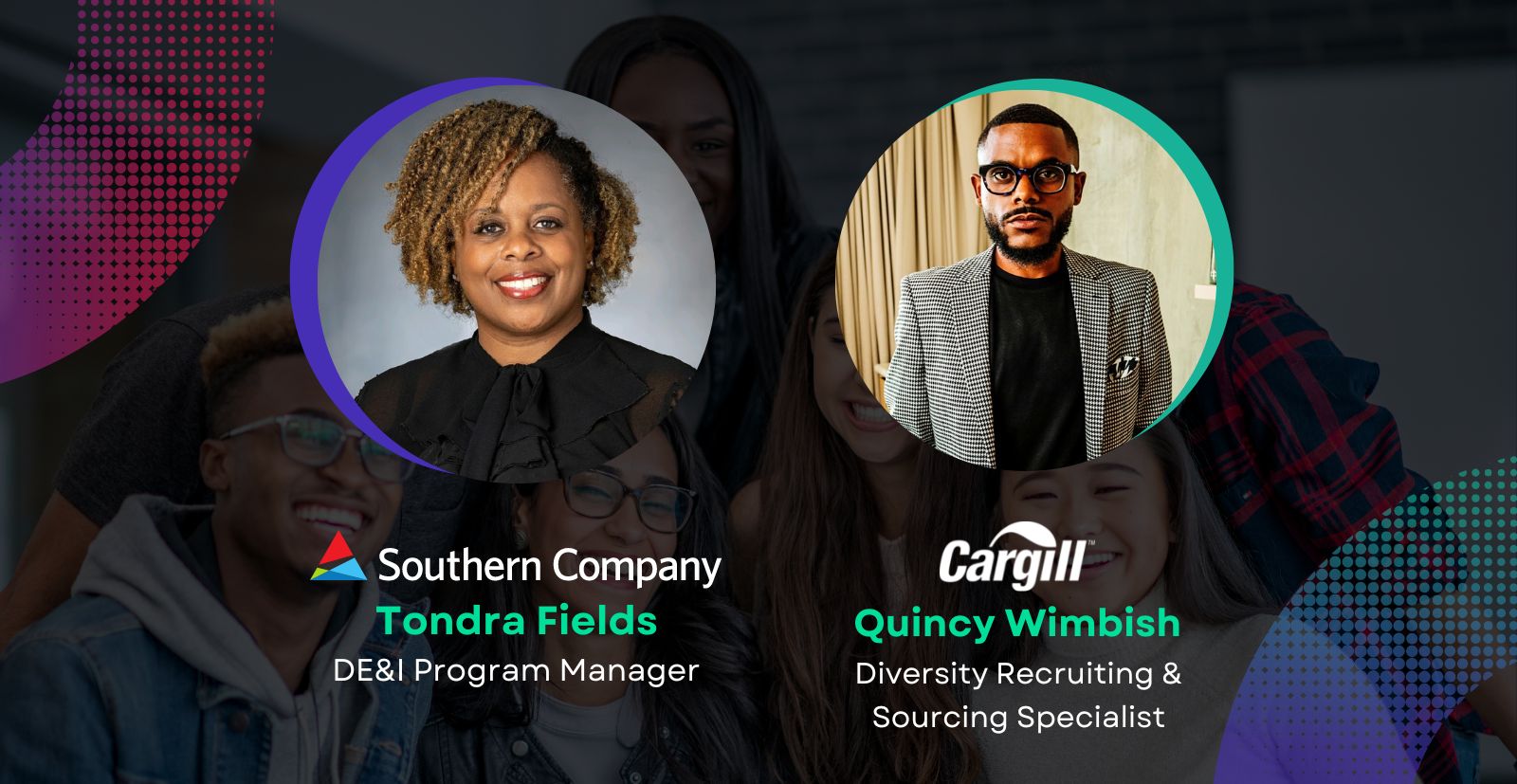Experiential learning is the process of learning a skill or role by putting oneself into a professional or practical environment. The combination of studied knowledge plus the hands-on experience eases the transition from student to professional. But some routes acknowledge the realities of having breaks in one’s professional path as well as career changes. Companies, organizations, schools, or training programs can provide that experience while also receiving assistance, new ideas, or future employees. These different experiential learning routes include:
- Internships (independent vs. academic)
- Apprenticeships
- Co-ops
- Fellowships
- Bootcamps
- Externship
- Returnship
- Practicum
Deciding which is best for a candidate or a company depends on the targeted demographic, the amount of responsibility, and the program length. While some of these options serve as gateways into working for the company, others are designed to offer training to help the participant be more employable. Here are definitions and examples of each below:
Internships
An internship is a temporary placement in a company or organization that is in the intern’s field of study or interest. Internships can be paid or unpaid; however, Symba advocates for fair pay for all interns.
Academic
Academic internships are done for credit while a student is enrolled in a college or university. It eases the transition from student to working professional, as the student interns while in school and in need of school credit. These positions can be full-time or part-time, and the duration is typically 120 hours or span a quarter or semester.
Independent
Unlike an academic internship, an independent internship is created with the focus on giving interns hands on experience and the opportunity to apply their knowledge directly to individualized tasks and assignments at an outside organization. While, independent internships are not exclusively for current students, many still can provide academic credit if approved by a university. These independent internship opportunities can also be found through a school’s career center or by individual research and networking. Companies can advertise their internship opportunities through their website or social media pages, or by partnering with local schools and trade schools.
The benefits of both types of internships are to get a novice’s foot in the door, gain and provide practical knowledge and work experience, and bring in and develop new ideas and perspectives.
- Academic internship example: Bellvue College’s Academic Internship Program, which partners with local and national companies and organizations.
- Independent internship example: Los Angeles County’s 2-year Administrative Internship, which is a paid full-time position available to a bachelor’s degree holder in any field of study.
Apprenticeships
Apprenticeships are often confused with internships and co-ops. What sets apprenticeships apart is that they are nationally standardized and allow any registered business to teach and train apprentices. There are over 1,000 approved occupations by the U.S. Department of Labor, which can be found on Apprenticeship.gov.
An apprenticeship can last anywhere from one to six years, which is much longer than the average internship duration. The apprentice works full-time for the business, is paid, and receives lessons by the “master” of the trade to apply to their work. While it still combines hands-on learning and application, the apprentice does not need to have a college degree or prior training. At the end of a completed apprenticeship, many go on to continue working full-time for the business and all receive a nationally accredited certificate.
- Apprenticeship example: VETSTEPS Financial Apprenticeship is a 2-year accredited apprenticeship program for military veterans interested in financial advising.
Co-ops
Co-op is short for “cooperative education” and is time spent between both full-time work and full-time academic study. It is similar to an academic internship but the co-op position is paid and is a full-time commitment over one or more quarters or semesters. They vary by school or department as some co-ops are in conjunction with a credit-bearing course while others are independent.
The benefits of participating in a co-op are that students start gaining work experience while completing their education and can begin to receive compensation for their work. They can keep their full-time student status as long as the co-op is approved or organized by the school.
- Credit-bearing co-op example: Brown University’s Biotechnology Graduate Program offers an Experiential Learning in Industry course which places students in paid co-op positions with biotechnology, device, or pharmaceutical companies for 6-months. Students also receive course credit.
- Non-credit-bearing co-op example: Texas A&M University’s Department of Biomedical Engineering has a co-op program that allows students to conduct the job search, receive guidance from a co-op advisor, and earn a co-op certificate.
Fellowships
A fellowship is typically awarded in the form of a scholarship and placement in an independent program to develop the fellow’s skills and bring their expertise to the institution. The scholarship can subsidize or cover the cost of the program as the fellow both uses the institution’s time and space while providing their practiced skill set.
The fellow is someone with a history or degree in their field but would like to advance their work and education. Some fellows are also expected to share or present their findings or completed work while in the program in the form of a dissertation or thesis project. The duration of a fellowship ranges from a few months to a few years. Fellowship programs benefit the institution and its field by expanding and fostering future leaders.
- Fellowship example: The Kresge Artist Fellowship awards $25,000 to support emerging artists in film, theatre, music, dance, literary arts, or visual arts in the Detroit region. They are interested in artists who are self-taught, received formal training, or learned their art through cultural heritage.
Bootcamps
Bootcamps are a flexible and quick option for beginners to more experienced learners and don’t require a college degree. Bootcamps are flexible because they can be part-time or full-time and in-person or online with synchronous and self-paced options. Coding bootcamps are being offered by businesses and colleges and universities.
Bootcamp learning programs understand that companies and organizations are putting less pressure on their candidates to have a formal education and prefer those with more specific job-ready skills. Bootcamps are a straightforward short-term route to employment, teaching technical and practical skills that are in high demand.
- Bootcamp example: The coding bootcamp through Hack Reactor is a full-time, 12-week online program that aims to produce job-ready software engineers.
Externship
An externship is an informal internship with a shorter time commitment and fewer tasks. An externship is largely about shadowing a person in the extern’s field of study and learning about the career by observing. Externships are unpaid and can be done over a day or several weeks. Depending on the school or institution, externships can be for credit or completed in the student’s free time.
With this type of experiential learning, the student is exposed to a professional environment and gets a glimpse of the day-to-day life of an experienced professional in their field. This allows the extern to see if this is a career or position they would truly like to pursue. Moreover, the extern can observe multiple companies or roles due to the short duration of externships. Externships benefit both student and company as the company engages in community development and promotes transparency and accessibility.
- Externship example: University of Florida’s College of Veterinary Medicine gives students the option to while receiving academic credit and experience in approved clinics.
Returnship
A returnship is an opportunity for those returning to a career, starting over in a new industry, or with a diverse history to get work experience. These programs usually target parents returning to the workforce, military veterans, returned citizens, or immigrant populations.
Returnships tend to be full-time paid positions, lasting a few weeks to a few months. Some require little work experience while others require several years of prior experience. Over this time, the participant will be introduced to a current network, reacquainted with work culture and social settings, and able to hone old and new skills.
- Returnship example: Twilio’s Path Forward Return to Work program is a virtual returnship geared towards experienced professionals in business communications who took at least two years off while being caregivers.
Practicum
Practicum is when an undergraduate or graduate student is placed in a professional setting that mirrors an educational or clinical lab. Practicum can be done on school campuses in spaces for student or public services or those in partnership with the institution. Practicums are usually measured by hours which must be completed to receive credit. Because there can be many students in need of practicum hours, students can find themselves sharing roles and working on teams either with other students or professionals.
Practicum example: The Business and Entrepreneurship Practicum through Tennessee’s Department of Education is placement in a local startup or business and is in conjunction with the student’s current business and marketing courses.





